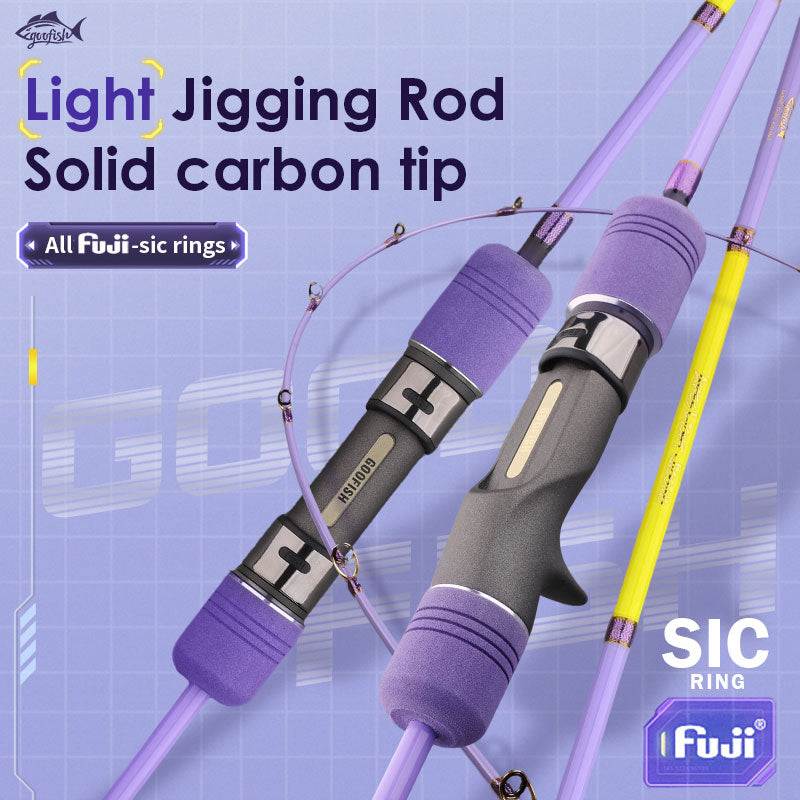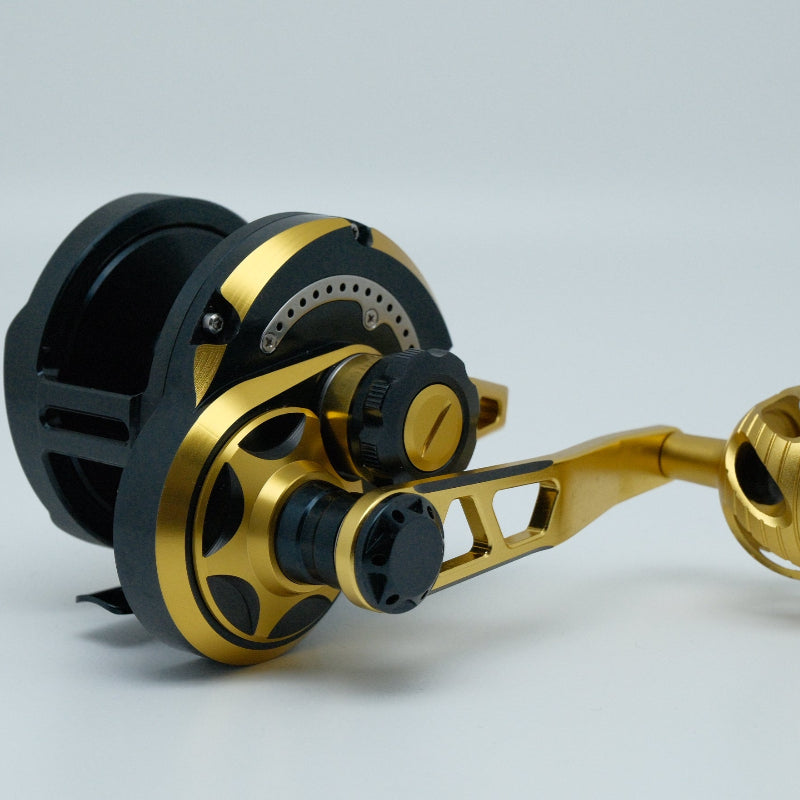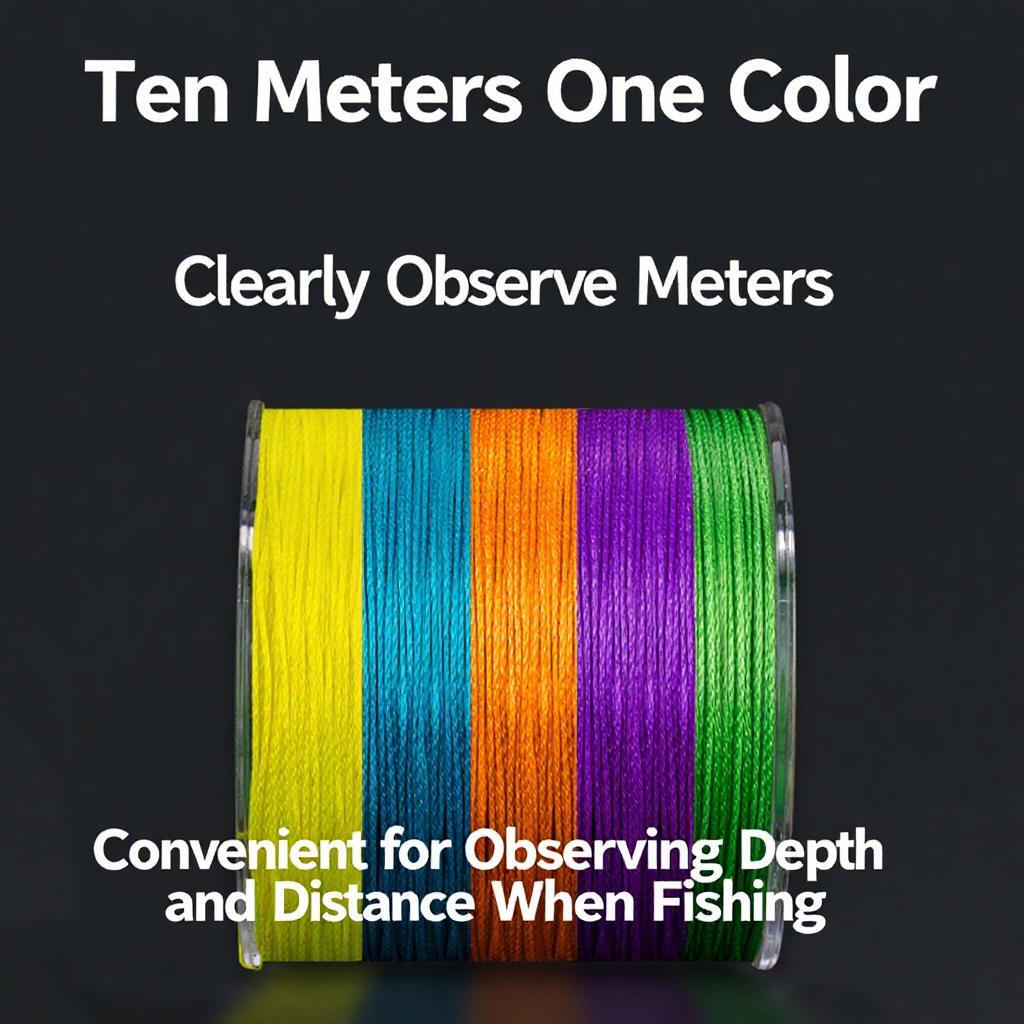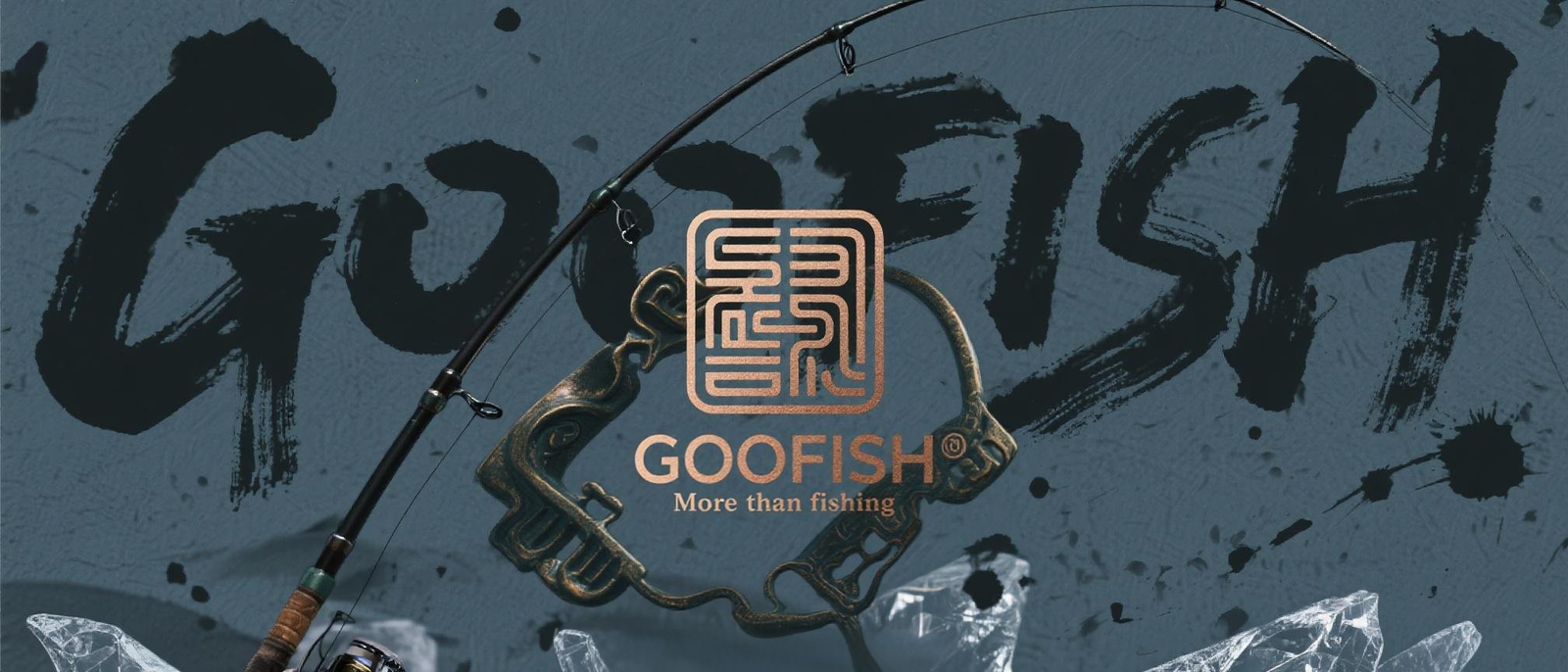Fishing and Mental Health: Why an Empty Hook Can Be More Healing Than a Big Catch
Meta Description
Discover how fishing—especially the quiet moments of an empty hook—offers profound mental health benefits, from mindfulness to stress relief. Explore the therapeutic balance of process over outcome, and how the right gear (like a reliable jig rod) enhances your journey to calm.
Introduction: When Fishing Heals Without a Catch
Fishing is often painted as a pursuit of the big catch—thrill-seekers dream of battling a monstrous fish, while anglers share tales of record-breaking hauls. But for many, the true magic lies not in the catch, but in the process: the gentle lapping of water against the boat, the rhythmic reel of the jig rod, and the quiet patience required to wait for a bite. In a world obsessed with productivity and instant gratification, fishing teaches a radical lesson: emptiness—an untouched hook, a silent float—can be more healing than any trophy.
This post explores how fishing, particularly when approached with intention, becomes a balm for the mind. We’ll dive into the mental health benefits of the “empty hook mindset” and how choosing the right gear (think a well-balanced conventional jigging rod or a versatile hair jig rod) can amplify your journey to calm.
1. The Power of Process Over Outcome: Why “Nothing” Matters Most
Modern life is a never-ending to-do list: hit goals, crush targets, measure success. Fishing flips this script. When you cast a line with a jig rod, you’re not just hoping for a fish—you’re surrendering to the present moment. The act of tying knots, casting into the current, and observing nature’s rhythms turns fishing into a meditative practice.
Studies show that repetitive, mindful movements (like reeling in a jig rod) lower cortisol levels and trigger the brain’s “default mode network,” which fosters creativity and emotional regulation[1]. An empty hook isn’t a failure; it’s a reminder that joy exists in the doing, not just the result. For those wrestling with anxiety or perfectionism, this shift—from “I must catch something” to “I am here, now”—is profoundly liberating.
2. Nature’s Therapist: How Fishing Connects Us to Calm
The great outdoors is a well-documented mood booster, and fishing amplifies this effect. Whether you’re wading a river, casting from a pier, or trolling the open water, being in nature reduces rumination (repetitive negative thinking) and increases feelings of awe[2]. The sights, sounds, and smells of water—crashing waves, rustling reeds, the earthy scent of bait—create a sensory escape from screens and stress.
A jig rod or baitcasting reel becomes an extension of this connection: when you focus on the feel of the rod in your hand, you’re tuning out distractions and tuning into the environment. This “grounding” effect is especially powerful for those with depression or trauma, as it builds a sense of safety and presence.
3. The Art of Patience: How Fishing Rewires the Brain for Resilience
In a world where “instant” is the norm, fishing demands slow, deliberate action. A jigging rod requires steady retrieval; a conventional jigging setup thrives on consistency. These rhythms teach resilience—the ability to persist through silence, to stay engaged even when the reward is delayed.
For individuals struggling with impatience or ADHD, fishing’s structure offers a healthy outlet: there’s a clear goal (catch a fish), but the path to it is nonlinear. An empty hook becomes a lesson in resilience: “Not today, but I’ll try again tomorrow.” This mindset cultivates grit, a trait linked to better mental toughness in all areas of life[3].
4. Gear as a Gateway to Mindfulness: Choosing the Right Jig Rod for Your Journey
While the “empty hook” philosophy centers on simplicity, having the right tools can enhance your experience without distracting from it. A good jig rod—whether a lightweight hair jig rod for finesse fishing or a sturdy conventional jigging rod for deeper waters—balances sensitivity and strength. It allows you to feel the subtlest nibble while handling unexpected tugs with ease, mirroring the mental flexibility needed for mindfulness.
A best jigging rod and reel combo streamlines your setup, reducing frustration so you can focus on the moment. When gear works harmoniously with your skill, it becomes an enabler of presence, not a source of stress. Remember: the goal isn’t to own the fanciest equipment, but to use it as a tool to connect with yourself and nature.
Conclusion: Embracing the Empty Hook as a Path to Peace
Fishing’s greatest gift isn’t the fish on the line, but the moments between casts. An empty hook reminds us that life’s beauty often lies in its pauses—between effort and outcome, between struggle and success. By shifting our focus to the journey, the rhythm of the reel, and the serenity of nature, we unlock a mental health practice that’s as timeless as the water itself.
So next time you head out with your jig rod, leave expectations behind. Let the empty hook be your teacher: in stillness, there is healing; in patience, there is power. And if you’re new to fishing, start with a versatile conventional jigging rod or a hair jig rod—tools designed to meet you where you are, ready to cast aside stress and cast in calm.
Ready to give it a try? Share your empty hook stories in the comments below!











Leave a comment